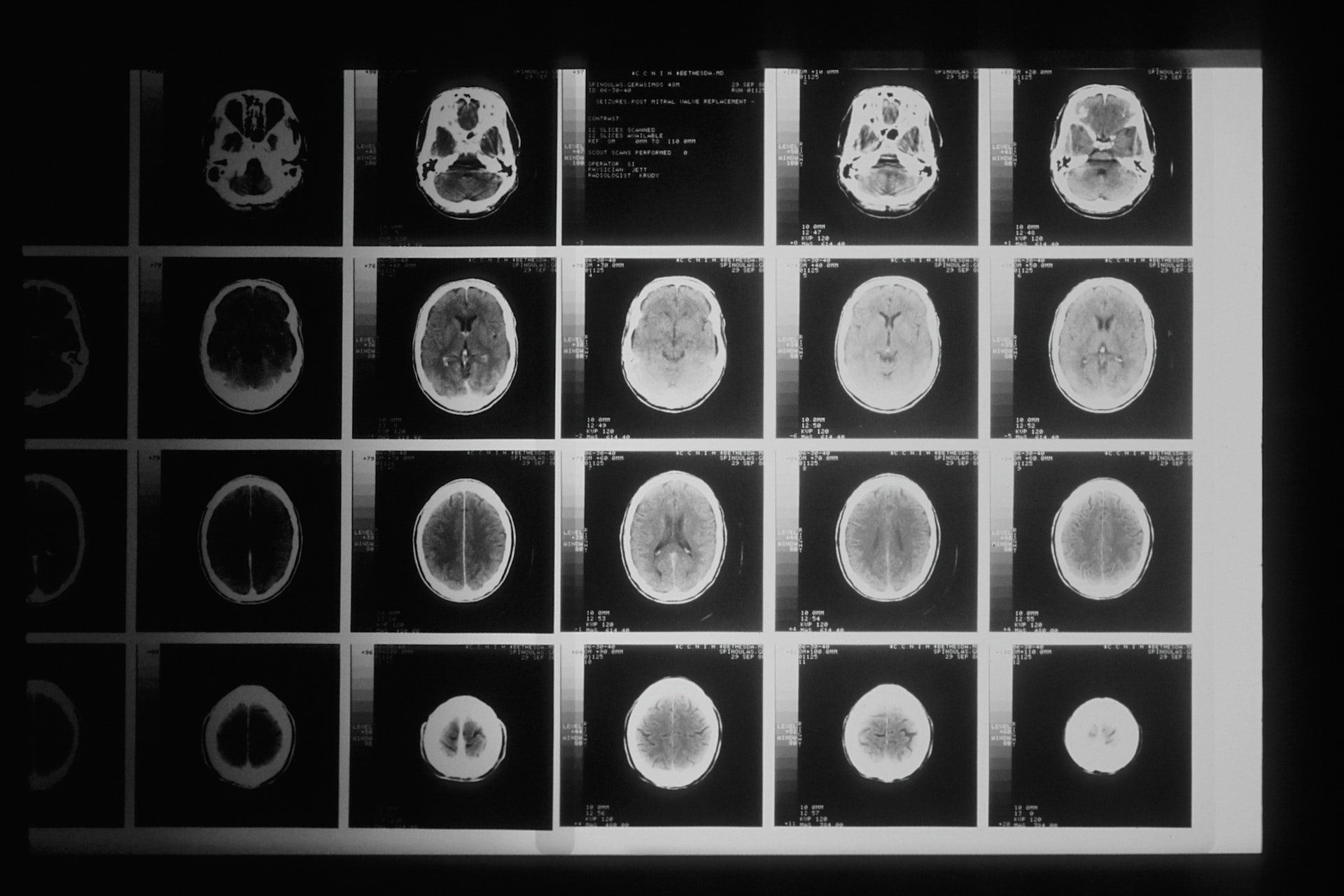
How Is a Brain Tumor Commonly Treated?
The National Center for Disease Informatics and Research, Hyderabad, projects that by 2025, Telangana will have more than 53,000 more brain tumor cases. As a result, everyone must be aware of the tumor treatment process available in the area by the oncology hospitals in Hyderabad to be well informed.
Surgery in cancer treatment hospitals removing the afflicted area of the brain is the first step in treating the majority of brain tumors. The surgery may be performed to remove the tumor and any surrounding tissue, or it may be done to remove a benign (non-cancerous) growth on the surface of your brain.
Surgery usually involves making an incision in your scalp, called a craniotomy. This means you will have an opening into your skull so doctors can see inside. A general anesthetic will make you unconscious while they do this procedure; however, this is only temporary because, after surgery, you will wake up feeling painless and sore from recovery.
Surgery is the first step in treating brain tumors. It’s also often followed by radiation therapy or another type of cancer treatment.
In order to make a brain tumor easier to remove during surgery, radiation treatment is used to destroy the tumor cells and reduce the growth size. Radiation treatments are given in a series of treatments, usually five days apart for four weeks, then every other week for six months after surgery to ensure that all of your cancer cells have been killed off.
Chemotherapy plays a significant role in brain tumor treatment
Chemotherapy is a form of cancer therapy that destroys cancer cells using cytotoxic drugs by causing DNA damage, resulting in cell death. These treatments are administered by experienced doctors in specialized cancer treatment hospitals in Hyderabad alongside radiation therapy, and they are also used to treat other malignancies.
Chemotherapy is given to kill these cells, but radiation is also used
Radiation is a form of treatment that uses high-energy rays and is known as “chemotherapy” or “radiotherapy.” This type of treatment aims to kill cancer cells, but it can also be used to reduce the chance that cancer will return or spread in your body.
Some types of brain tumors may be treated using radiation therapy alone, while others require chemotherapy as well (and even more often). Also, note that some people with other types of cancers may choose this option over chemotherapy if they have a higher risk for recurrence after surgery or other treatments.
When people have a brain tumor, they may also receive other treatments as part of their care. The most common types of treatment include surgery and radiation therapy. Other treatments that can be used include steroids, immunotherapy (also called targeted therapy), and chemotherapy.
There are numerous varieties of brain tumors – some are slow growing, while others proliferate or do not grow at all. Brain tumors can be treated with radiation therapy which is designed to kill cancer cells while not harming surrounding cells or healthy tissue around them called normal tissues.
The purpose of treatment is to remove the tumor, stop it from growing again, and enhance the quality of life for patients who have brain tumors.
In order to achieve these goals, doctors may prescribe drugs such as chemotherapy or radiation therapy. They can also remove part or all of a patient’s skull (called a craniotomy). This procedure allows them to treat some types of brain tumors more effectively than other types without causing permanent damage to the surrounding tissue around the tumor itself.
Once treatment has been completed successfully, there may still be residual cancer cells present in your body, so over time, you will need regular checkups by your doctor, who will monitor how well these treatments are working against these remaining cells before deciding whether or not further treatment needs doing again although there are no guarantees when dealing with cancer so please ask questions if something doesn’t seem right.
Brain tumors are a severe health concern. They can cause a wide range of symptoms and signs, including headache, seizures, nausea or vomiting, dizziness, and altered vision.
Conclusion:
The future of brain tumor surgery in oncology hospitals in Hyderabad is ahead of its time. With the use of advanced imaging and biopsy techniques, surgery won’t be so invasive, and it’ll be more effective at removing cancerous tumors. It’s also getting easier to operate with newer tools like robotic systems, making the process faster and safer.
